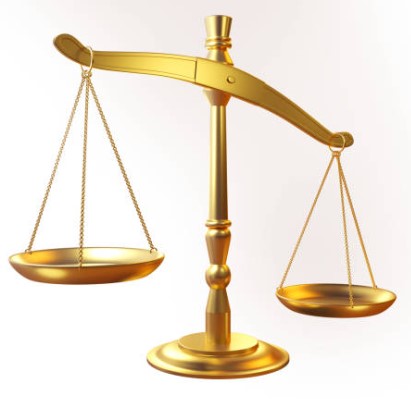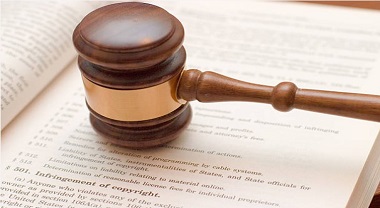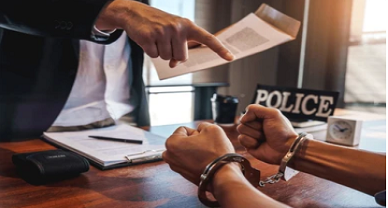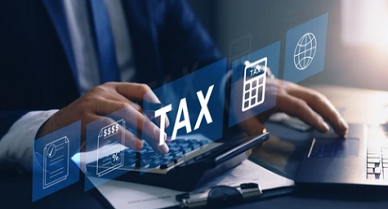An Analysis of Novex v. DXC Case: The Rising Conundrum for Copyright Owners
Justice N.Anand Venkatesh of the Madras High Court pronounced a very interesting judgement on the business of issuing licenses in any copyrighted work in the matter of M/s. Novex Communications Pvt. Ltd. v DXC Technology Pvt. Ltd. If the work is included in a cinematograph film or a sound recording, the Court determined that only a registered copyright society can issue licences for any copyrighted work.
This judgement is particularly significant for two reasons, the first being that it bars any private companies such as Novex Communications Pvt. Ltd. from issuing licenses for copyrighted works by the virtue of being an assignee as under Section 18(2) of the Copyright Act, 1957, a popular mode of granting of licenses in India thus far, and the second being the practical impact of this judgement on the granting of a license in a copyrighted work.
To be clear, the decision of the Learned Single Judge in the present case is not an entirely new stance regarding the subject matter as the Bombay High Court in the case of Leopold Café & Stores &Anr v. Novex Communications Pvt. Ltd dealt with the same issue and reached a similar conclusion. The primary issue dealt with in both of these cases is whether business entities such as Novex Communications Pvt. Ltd is legally entitled to issue licences under the Copyright Act without registering as a copyright society as defined by Section 33 of the Copyright Act of 1957.

The Court in its decision while interpreting the provisions in Section 33 held that it is indisputably true that an owner of a copyright is not obligated to be part of a copyright society. The first proviso to Section 33 clarifies that an owner’s ability to grant licences in his personal capacity is unaffected, with the caveat that such a right must be compatible with his duties as a member of any copyright society. However, Section 33(1) and the second proviso to it apply whenever the issuance of a licence passes from the owner’s personal capacity to the sphere of a business. The legislative intention is quite clear that all licencing transactions must go through a copyright society only. It must be noted that in order to establish the intent of the legislature the court relied on the Parliamentary speeches made in connection to the right of the authors of copyrighted works and their exploitation.
The most important and possibly the point of primary contention is the distinction between individuals and business entities that the Court reads into Section 33 of the Copyright Act. The Court while interpreting Section 33 in conjunction with Section 30 observed that although Section 30 does not differentiate between an individual owner and a business entity which acquires the owner status by virtue of being an assignee as provided under Section 18(2) of the Copyright Act, this distinction between individuals and business entities is crucial for the protection and fair exploitation of the copyrighted work and this was established by analysing the legislative intent.
Critiques of this judgement may be quick to say that the Court made an erroneous interpretation by going beyond the written words of the provisions. However, such a view is quite contrary to established principles of interpretation. It is widely accepted that when there seems to be an inconsistency between the purport of the provision and its wordings, the same has to be harmonised by the judiciary in consonance with the legislative intent.Parliamentary speeches have been considered a crucial source for arriving at the intent of the legislature and the lack of such debates and speeches has made it difficult for the judiciary to decipher it.
Therefore, any criticism directed at the legal soundness of this judgement falls somewhat short. However, that is not to say that this judgement is free of any possible criticism. This judgement, while seeking to protect the monetary interests of the authors/owners and give them better control over the licensing, has far-reaching and poses certain difficulties to the authors/owners of the copyright themselves.
After this judgement, there are two ways of issuing licences: through a registered society or owner/author in his individual capacity, not as a license issuing business on behalf of many owners. However, it is pertinent to note here that the only registered copyright society functioning for sound recording is RMPL and also other societies’ applications are rejected. As a result, the authors are forced to license through RMPL exclusively. This comes in light of the fact that copyright societies are accused of not functioning effectively and in a transparent manner.
There is no society currently registered for cinematograph films and hence no issuing of license is possible. What this suggests is that films cannot be legally licensed unless by the owners themselves, which will be a big hassle and the owners themselves may not be able to license due to various reasons. Furthermore, forcing the authors to personally license their works goes counter to the legislative intent that can be understood from the Statement of Object and Reasons for the Copyright Amendment Bill 1992. The notes to clauses to this amendment state that copyright societies are required as the authors would find it impractical and not profitable to licence their work personally to all those seeking a license and to collect fees from them.
Authors/owners are presently in a situation where they are unsure of what to do. The authorities are not processing applications for society registrations in an expeditious manner. Also, the judiciary is split on their opinions with the Delhi High Court giving a judgement in contrast to the one given by the Madras High Court in the case of Novex Communication Pvt. Ltd. v. Lemon Tree Hotels Ltd.
Therefore, this decision of the Learned Single Judge is a legally air-tight decision and could pave the way for future decisions in securing the rights of the owners of the copyright. However, it fails to consider the practical reality and the business environment of copyright licensing and this could prove to be problematic for the authors who might not have the required business acumen or knowledge on how to exploit their work effectively whilst protecting their rights.
Author: S. Hasthisha Desikan – a student of Tamil Nadu National Law University, in case of any queries please contact/write back to us at support@ipandlegalfilings.com or IP & Legal Filing.



